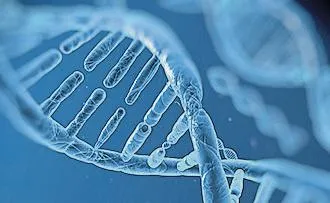
No ‘gay gene’
A genetic analysis of almost half a million
people concluded there is no single
‘gay
gene’ and genetic factors only accounted for
between 8-25% of same-sex behaviour.
The
study undertaken by Harvard and
MIT researches, published in Science, used
data from the UK Biobank and 23andMe,
and found some genetic variants associated
with
same-sex
relationships. Five
specific
genetic variants were found to be particularly
associated with same-sex behaviour. Together
they only accounted for under 1% of samesex behaviour. The researchers scanned the
entire genetic make-up of 409,000 people.
Participants were asked whether they had
same-sex partners exclusively, or as well as
opposite-sex partners.
Rise in STIs
In 2018, there were 447,694 new diagnoses
of STIs, a 5% increase on those in 2017.
Gonorrhoea cases
increased the most –
by 26%, the
largest number since 1978.
Syphilis
rose by 5%. High-risk groups
include young people and men who have sex
with men. The number of gonorrhoea cases
has been increasing for years among both
men and women, despite repeated warnings
from public health doctors about the risks of
unprotected sex. Gonorrhoea can cause ser-ious long-term health problems, including
infertility in women.